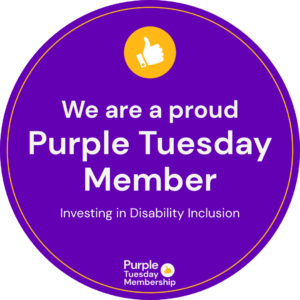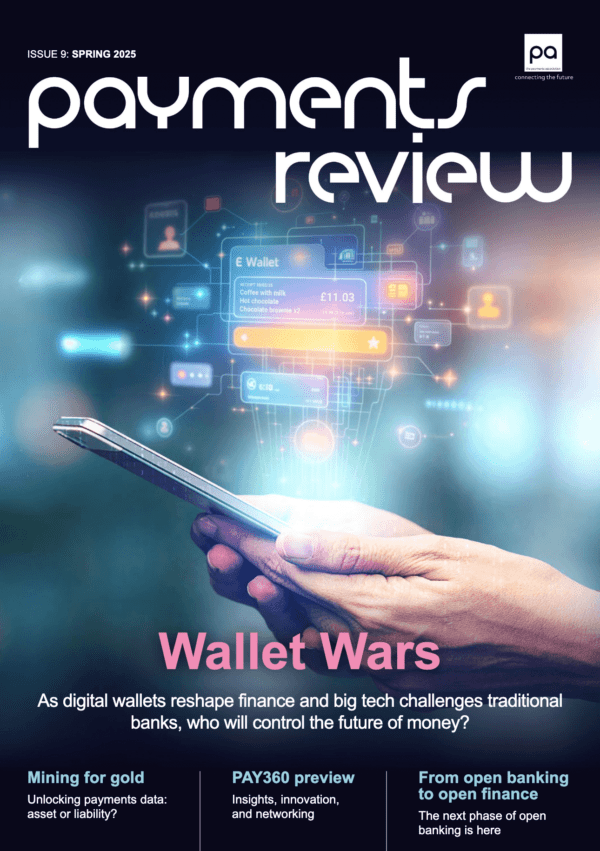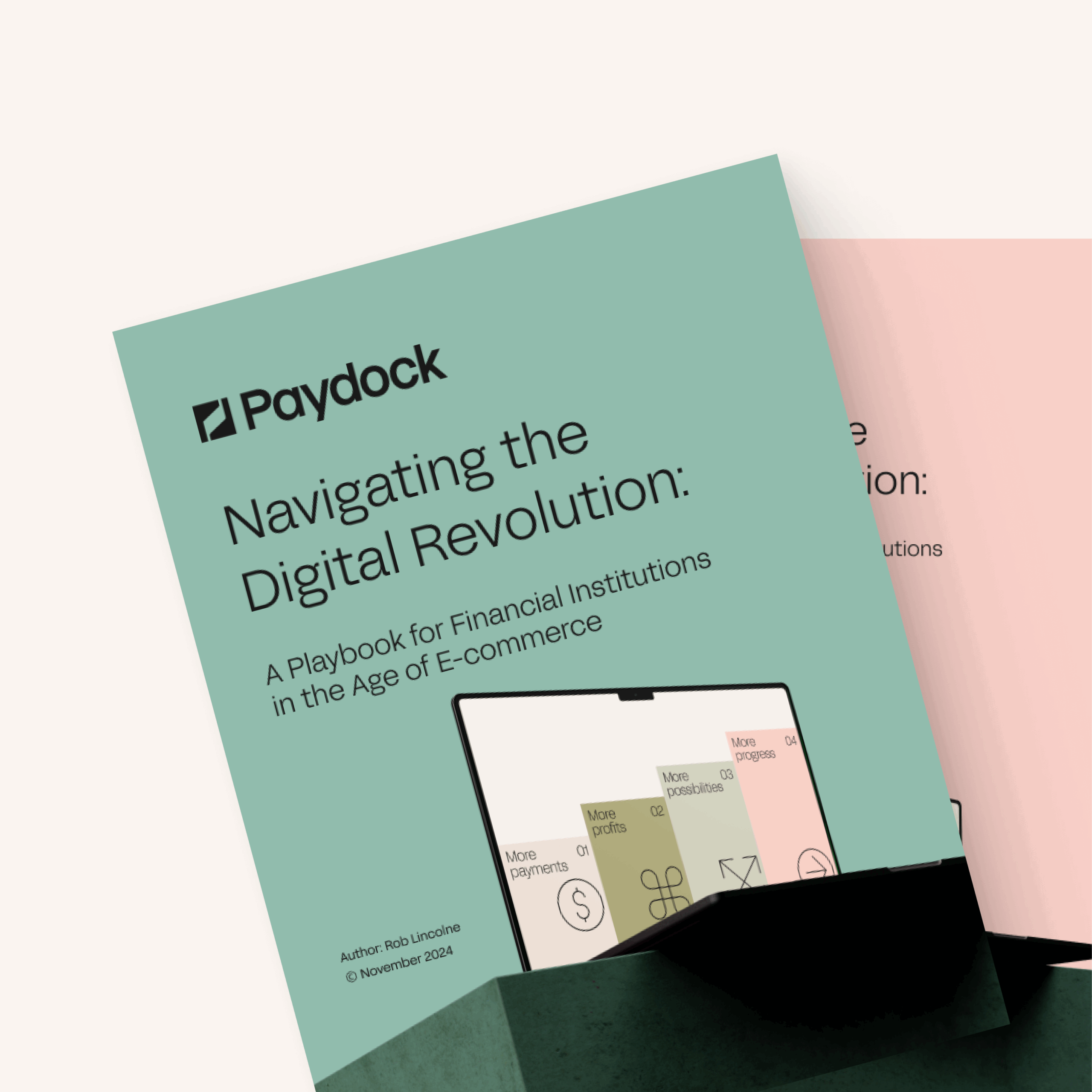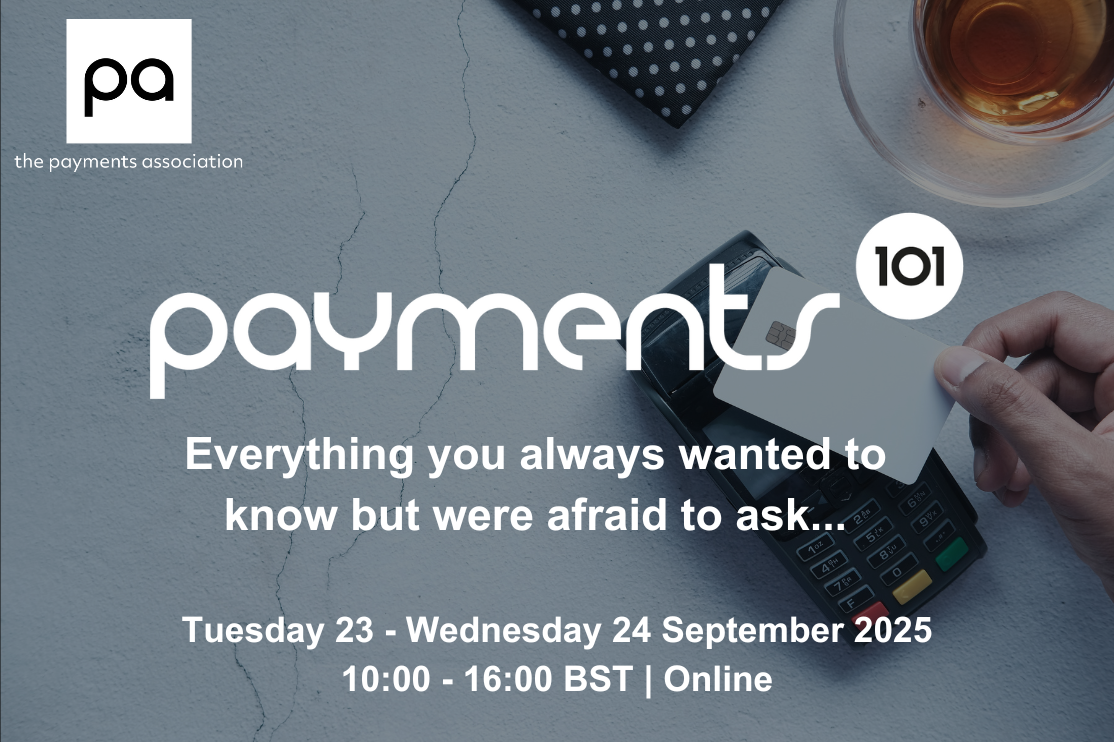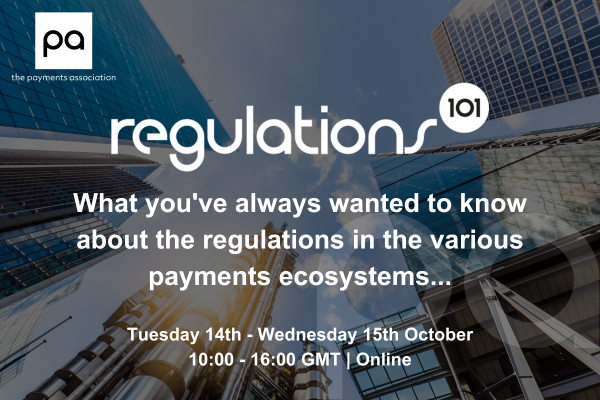Advisory Board Nominees 2022
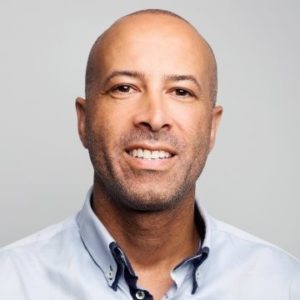
David Backshall
Head of UK & Europe
Terrapay.com
Why do you want to become a member of The Payments Association Advisory Board?
have worked in the payments industry for more than 23 years and through my professional career I have experienced a considerable amount of change and the challenges that the industry has faced. Through the lessons learned, I believe I can make a positive impact and significant contribution through The Payments Association and to the wider financial services industry.
There are some of significant regulatory and compliances challenges facing the payments industry today and in the future. I have first-hand experience of how these can impact and have impacted both business and consumers.
What do you see as the main challenges The Payments Association should focus on in the year ahead?
- The transition from PSD2 to PSD3 what the revision will mean for the payments industry
- BNPL & Crypto-assets regulations – Updates, agreements & customer protection
- Rise of Cross Border Payments – C2C, B2B, B2C
- Blockchain and how this can be utilised in the payment industry
- Open Banking Challenges & Trends – more competition needed
- Challenges for payments in Web3.0
- Emerging Markets & growth factors
- APMs why are they important
- CBDCs and the impact of digital currencies
What will you bring to the Advisory Board?
I have a great depth of knowledge from a corporate perspective dealing with consumers, businesses and regulatory bodies, such as the FCA, in the financial services industry. This ranges from acquiring, BNPL, crypto, cross border payments, banks, remittances.
My experience allows me to have a varied perspective from a consumer, corporation and regulation. These elements combined will provide a level and measured view which takes into account the complexity of the payments landscape.
Aoife Hurley
Chief Strategy and Partnerships Officer
PPS
Why do you want to become a member of The Payments Association Advisory Board?
What do you see as the main challenges The Payments Association should focus on in the year ahead?
What will you bring to the Advisory Board?

Sendi Young
Managing Director, EMEA
Ripple
Why do you want to become a member of The Payments Association Advisory Board?
What do you see as the main challenges The Payments Association should focus on in the year ahead?
What will you bring to the Advisory Board?

Nada Aliredha
Founder & CEO
PLIM
Why do you want to become a member of The Payments Association Advisory Board?
What do you see as the main challenges The Payments Association should focus on in the year ahead?
What will you bring to the Advisory Board?

Phil Mochan
Founder, CEO
Nomos Digital
Why do you want to become a member of The Payments Association Advisory Board?
What do you see as the main challenges The Payments Association should focus on in the year ahead?
What will you bring to the Advisory Board?

Paul Horlock
Chief Payments Officer
Santander
Why do you want to become a member of The Payments Association Advisory Board?
What do you see as the main challenges The Payments Association should focus on in the year ahead?
What will you bring to the Advisory Board?
Michael Christos G. Charalambides
CEO / MD
EcommBX
Why do you want to become a member of The Payments Association Advisory Board?
What do you see as the main challenges The Payments Association should focus on in the year ahead?
What will you bring to the Advisory Board?

Terrie Smith
Founder & Global Ambassador
DIGISEQ
Why do you want to become a member of The Payments Association Advisory Board?
What do you see as the main challenges The Payments Association should focus on in the year ahead?
What will you bring to the Advisory Board?

Prasad Guntupalli
Head of Synechron Payments
(former CEO, co-founder & dy. chairman for Attra, now a Synechron company)
Why do you want to become a member of The Payments Association Advisory Board?
What do you see as the main challenges The Payments Association should focus on in the year ahead?
What will you bring to the Advisory Board?

Steven Kirrage
CEO
Stanchion Payment Solutions
Why do you want to become a member of The Payments Association Advisory Board?
What do you see as the main challenges The Payments Association should focus on in the year ahead?
What will you bring to the Advisory Board?

Ian Povey
Head of Payments Services & Technology
NatWest Group Plc
Why do you want to become a member of The Payments Association Advisory Board?
What do you see as the main challenges The Payments Association should focus on in the year ahead?
What will you bring to the Advisory Board?

Michael Galvin
Co-Founder / Director
Toqio
Why do you want to become a member of The Payments Association Advisory Board?
What do you see as the main challenges The Payments Association should focus on in the year ahead?
What will you bring to the Advisory Board?
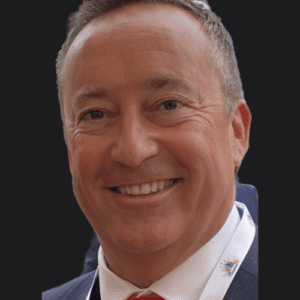
Darren Deal
Senior Vice President Fintech, Digital Partners & Government
Mastercard
Why do you want to become a member of The Payments Association Advisory Board?
What do you see as the main challenges The Payments Association should focus on in the year ahead?
- TPA will be needed more than ever to guide its members through an ever changing regulatory landscape, and provide the consolidated voice of its members and the wider industry with government, regulators and media (to name a few).
- TPA is also aligned to Mastercard’s own vision of ‘doing well by doing good’ and delivering on the ESG and inclusion agenda which is a responsibility, collectively we all need to immerse ourselves in, to ensure we are bringing the very best of our industry whilst making an authentic and significant impact. Again TPA are a driving force for this and now is the time to double down on this effort.
- “All things crypto” – Digital Currencies, CBDC’s, Blockchain, DLT ………………
- “All things impact” – Purpose centricity, e.g. sustainability, inclusion, local authority, diversity whilst keep authenticity core to all actions/deliverables
- Emergence and evolution of credit in fintech.
- The “enabler” ecosystem – marketplaces (the Creator Economy for example)
What will you bring to the Advisory Board?

Noyan Nihat
Chief Operating Officer
Privat 3 Money Ltd
Why do you want to become a member of The Payments Association Advisory Board?
What do you see as the main challenges The Payments Association should focus on in the year ahead?
What will you bring to the Advisory Board?
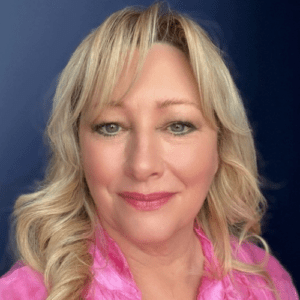
Lindsay Ward
COO
Optimus Cards UK Limited
Why do you want to become a member of The Payments Association Advisory Board?
What do you see as the main challenges The Payments Association should focus on in the year ahead?
What will you bring to the Advisory Board?

David Monty
CEO & Co-Founder
Tell Money
Why do you want to become a member of The Payments Association Advisory Board?
What do you see as the main challenges The Payments Association should focus on in the year ahead?
What will you bring to the Advisory Board?
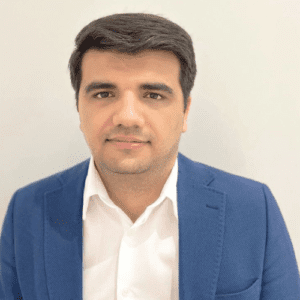
Elkhan Nasibov
Head of Compliance and MLRO, Executive Director
GUAVAPAY
Why do you want to become a member of The Payments Association Advisory Board?
What do you see as the main challenges The Payments Association should focus on in the year ahead?
What will you bring to the Advisory Board?

Dmitri Logvinenko
Board Member, COO&CTO
Wallester
Why do you want to become a member of The Payments Association Advisory Board?
What do you see as the main challenges The Payments Association should focus on in the year ahead?
What will you bring to the Advisory Board?
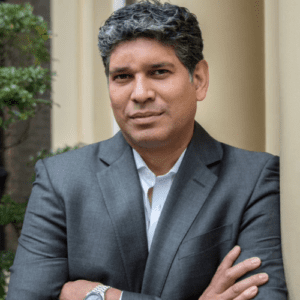
Khalid Talukder
CEO
DKK Partners Ltd
Why do you want to become a member of The Payments Association Advisory Board?
What do you see as the main challenges The Payments Association should focus on in the year ahead?
What will you bring to the Advisory Board?
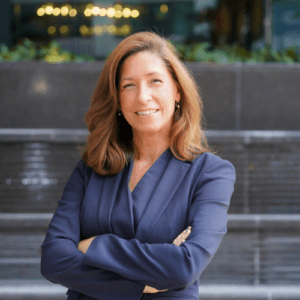
Laura McCracken
Global Managing Director, Commerce & Payments - Software & Platforms
Accenture
Why do you want to become a member of The Payments Association Advisory Board?
What do you see as the main challenges The Payments Association should focus on in the year ahead?
What will you bring to the Advisory Board?
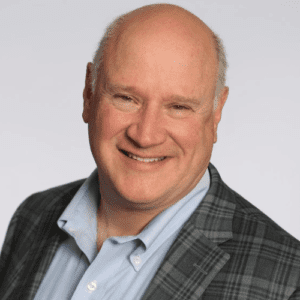
Joseph Hurley
Chief Commercial Officer
Crown Agents Bank
Why do you want to become a member of The Payments Association Advisory Board?
What do you see as the main challenges The Payments Association should focus on in the year ahead?
What will you bring to the Advisory Board?
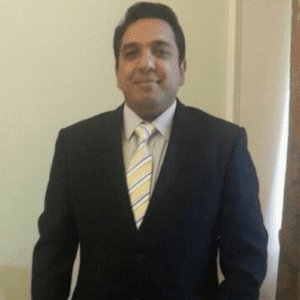
Mahmood Kamran
Managing Director
eToro
Why do you want to become a member of The Payments Association Advisory Board?
What do you see as the main challenges The Payments Association should focus on in the year ahead?
What will you bring to the Advisory Board?

Martyn Fagg
COO
Tillo
Why do you want to become a member of The Payments Association Advisory Board?
What do you see as the main challenges The Payments Association should focus on in the year ahead?
What will you bring to the Advisory Board?

Mark Hartley
Head of Cards & Payments, Europe
Infosys Ltd
Why do you want to become a member of The Payments Association Advisory Board?
What do you see as the main challenges The Payments Association should focus on in the year ahead?
What will you bring to the Advisory Board?
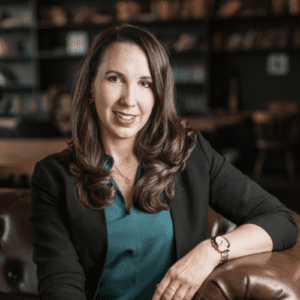
Melanie Ockerse
Director Channel Partnerships Europe
Entersekt
Why do you want to become a member of The Payments Association Advisory Board?
What do you see as the main challenges The Payments Association should focus on in the year ahead?
- Fraud. Of course, working for Entersekt fraud and the prevention thereof has to be my number one. Working with partners and customers daily to enhance our joint fraud prevention efforts while improving the end-user experience at the same time, I am a witness to how many advanced fraud solutions our industry has access to already. There are two things to consider here. Firstly, the most effective fraud prevention systems can be created when different players come together, combine their solutions and share information. This consortium approach is highly effective but increasingly difficult to navigate. Secondly, even though the industry is already very good at predicting and preventing fraud, we must be mindful to not just move fraud through the systems.
- The Identity Play: As far as payment technology has come in the past decade, our approach to digital identity has not kept pace. The prospect of integrating digital identity with payments has the potential to significantly improve the end-user experience as well as to solve a range of issues — from fraud to regulatory compliance. This integration has the potential to offer users greater security and a more seamless payment experience overall. However, our industry has struggled to grasp the concept of digital identity. Apart from the Nordics (e.g., Bank ID – and also that solution is not ideal), the landscape remains largely fragmented, which of course, is a challenge. Even large payment schemes have been trying to create and implement identity-based frameworks for our industry. With limited success so far
- Attracting and retaining talent through Diversity, Equity, and Inclusion (DEI). Every industry is challenged with securing the right talent. Attracting and retaining diverse talent in male-dominated industries such as the payment industry is one of the toughest challenges. But we should not limit the conversation to the gender bias problem only. Diversity is the range of human differences including but not limited to gender, age, ethnicity, religion, disability, sexual orientation, education, and national origin. Today, organizations are under pressure to integrate a diverse workforce, encourage out-of-the-box thinking to gain a competitive edge, and deal with a worker’s market. It is clear that DEI and financial performance are related and are by now key action areas for investors. Helping the Payment Association members to get that right, will have a huge positive impact on our industry at large.
What will you bring to the Advisory Board?

Jovi Overo
Managing Director
Unlimint
Why do you want to become a member of The Payments Association Advisory Board?
What do you see as the main challenges The Payments Association should focus on in the year ahead?
What will you bring to the Advisory Board?
